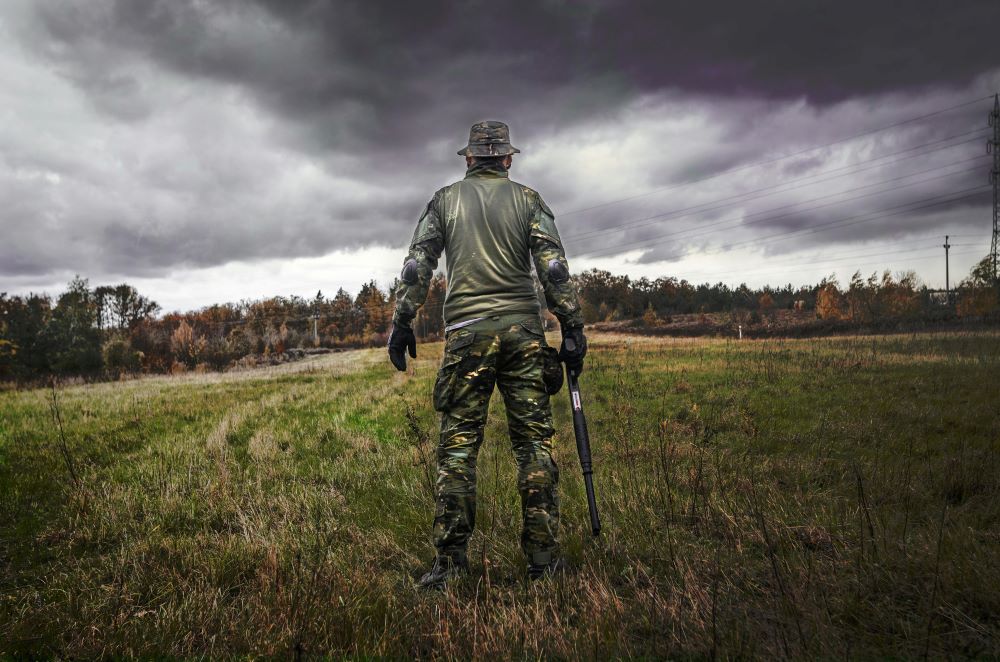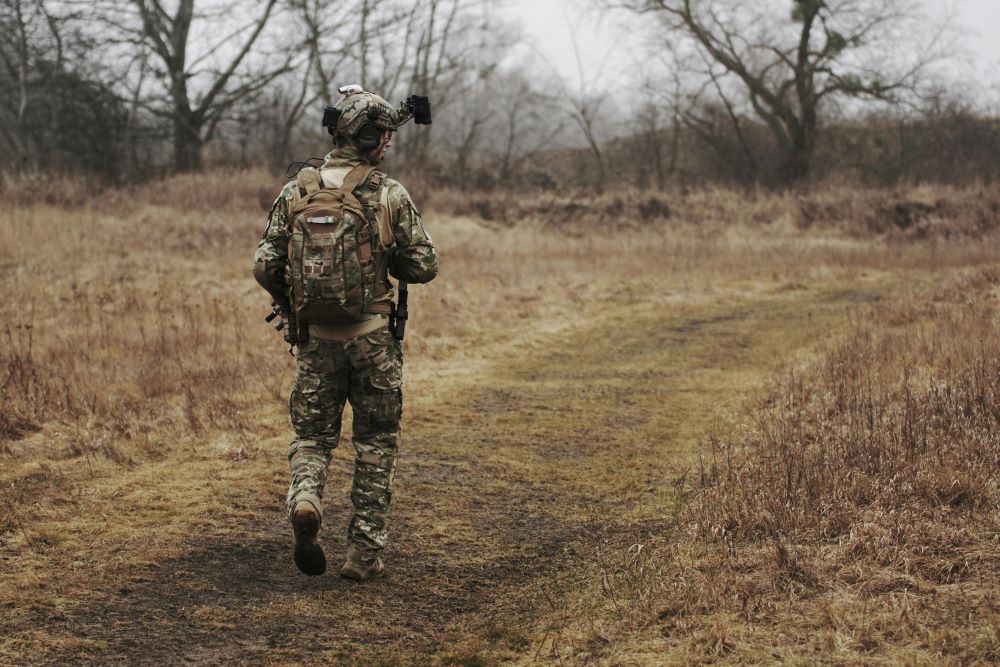Researchers focus on transcranial stimulation to improve military sleep issues.
Researchers from the University of Arizona College of Medicine – Tucson are taking on a project addressing sleep disorders in military personnel. With a $3 million grant from the Department of Defense’s Congressionally Directed Medical Research Program, the team seeks to develop innovative, effective, and drug-free sleep interventions for insomnia issues that have become increasingly common in the military community. In fact, studies have shown that around 85% of those in the service may suffer from clinically relevant sleep disorders, with approximately 25% reporting insomnia as a primary concern. Given the significant impact that poor sleep can have on operational readiness and overall health, this research is both timely and critical.
At the forefront of this initiative is Dr. William “Scott” Killgore, an Army veteran and professor of psychiatry, who has dedicated much of his career to understanding the mental health challenges faced by military personnel. His work focuses on how various factors, including sleep, affect performance and well-being. Traditional treatments for sleep disorders, such as medications and cognitive behavioral therapies, often fall short, necessitating the need for alternative approaches that can effectively mitigate insomnia and its effects.
Dr. Killgore explains that insomnia is frequently linked to heightened arousal in both the brain and body, often worsened by worries and negative thoughts that become evident at bedtime. This internal dialogue can activate the brain’s default mode network (DMN), a vital area that governs introspection and self-referential thinking. To tackle this issue, Dr. Killgore and his team have devised a novel method to suppress DMN activity before sleep using a handheld device designed to stimulate the brain with magnetic fields.

This device uses transcranial magnetic stimulation (TMS) to deliver continuous theta burst stimulation to targeted areas of the brain. The procedure is brief, lasting less than a minute, and has been shown to be well-tolerated by participants. Early findings from preliminary studies indicate that a single session of this stimulation can result in noticeable improvements in sleep quality.
Many individuals suffering from insomnia struggle to quiet their racing thoughts at night, leading to a cycle of restlessness and sleep deprivation. By interrupting the activity of the DMN for just 40 seconds with TMS, researchers believe they can facilitate better sleep. The initial results are encouraging, with participants reporting positive changes following their treatment sessions.
While the concept of continuous theta burst stimulation is not entirely new in the context of mental health sleep interventions, Dr. Killgore’s specific application of the technique to the DMN presents an innovative angle that has not been extensively studied before. With the new grant, the research team is poised to expand their investigation into the long-term effects of repeated TMS sessions, planning to conduct a three-year study that will involve administering ten stimulation sessions over two weeks to 120 individuals suffering from chronic insomnia.
The team hopes to track participants’ sleep improvements through advanced monitoring technologies, including state-of-the-art sleep interventions, including trackers and portable brain wave monitors. By understanding how various brain regions react to TMS, they hope to refine their approach, improving its effectiveness for those in need of better sleep solutions.
To ensure that their research addresses the unique needs of military personnel, the study design incorporates feedback from two active-duty military consultants who are themselves experiencing sleep disorders. Their insights are invaluable in tailoring the research to produce practical applications that can benefit the military community.
Sources:
Researchers aim to transform treatment for sleep disorders in military personnel


Join the conversation!